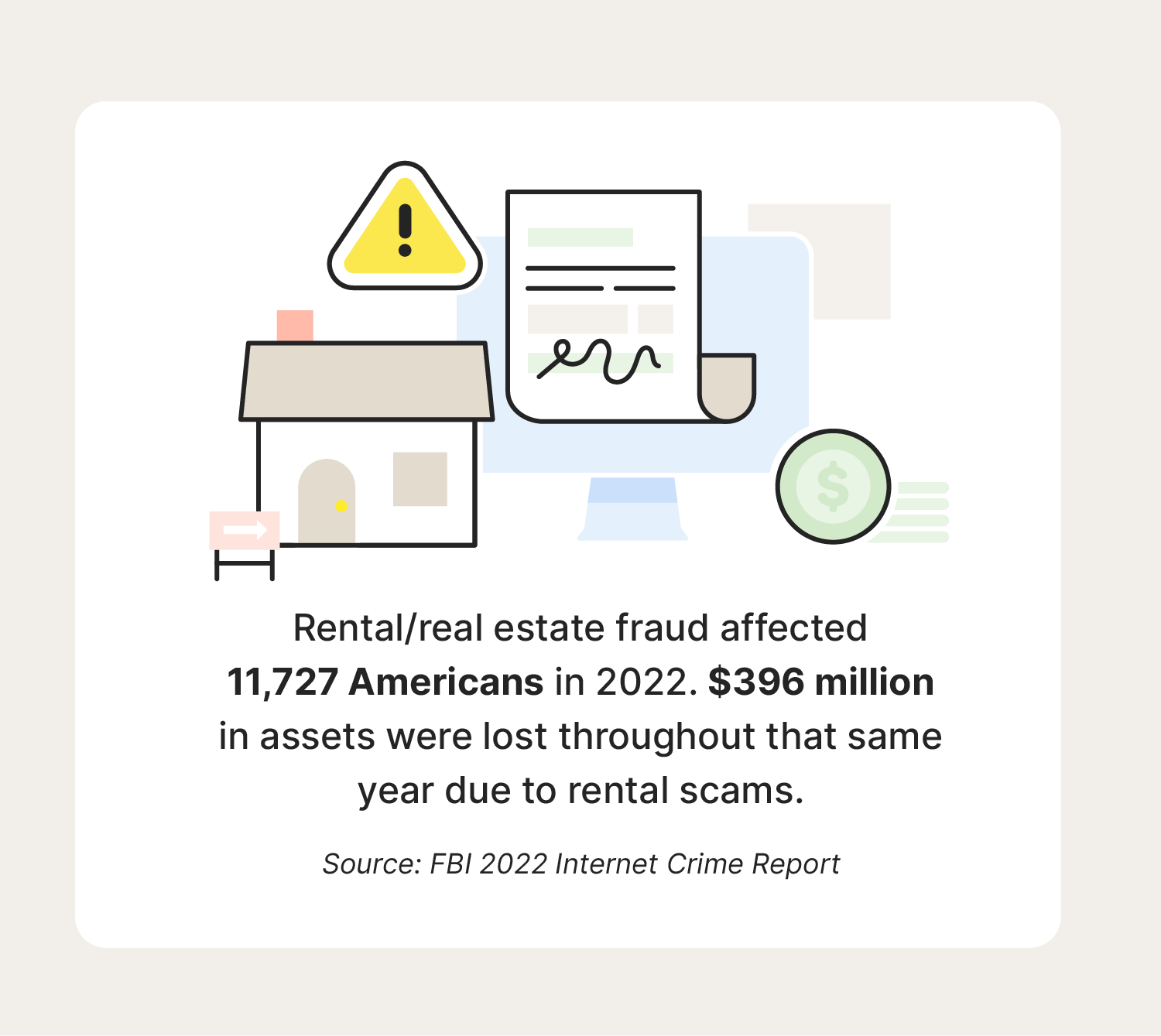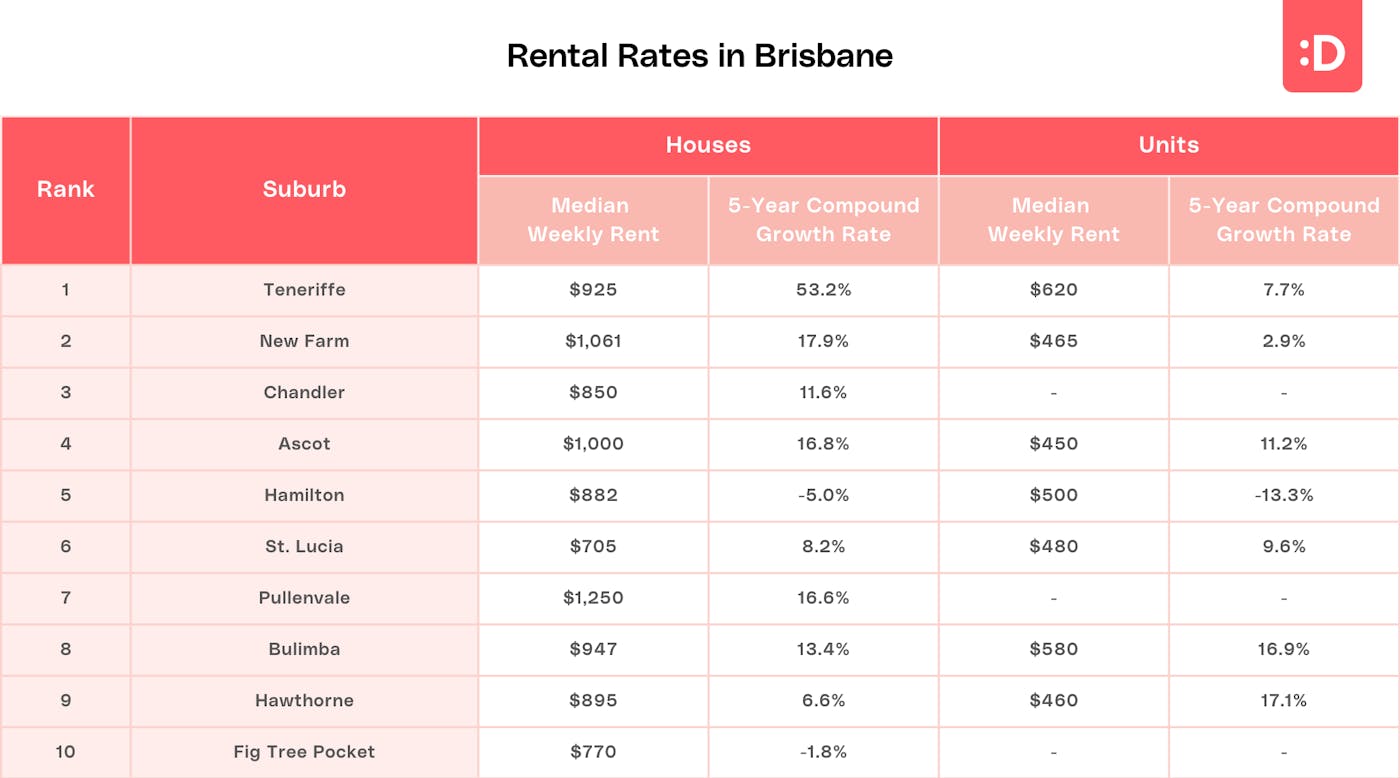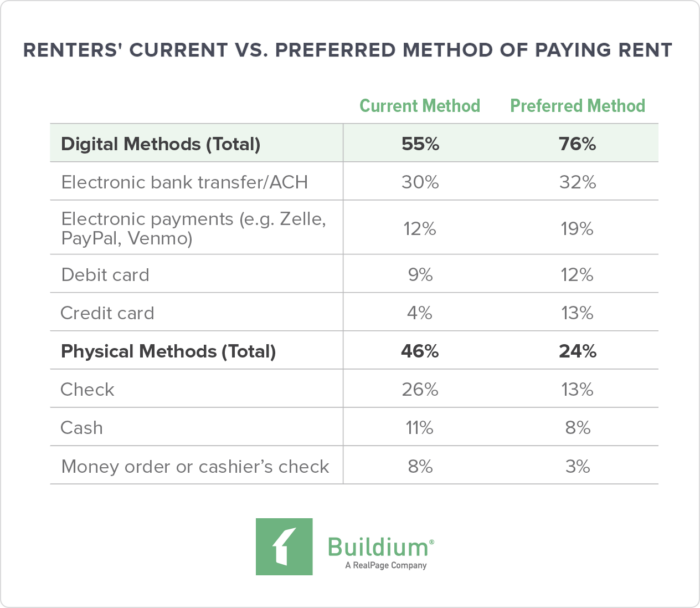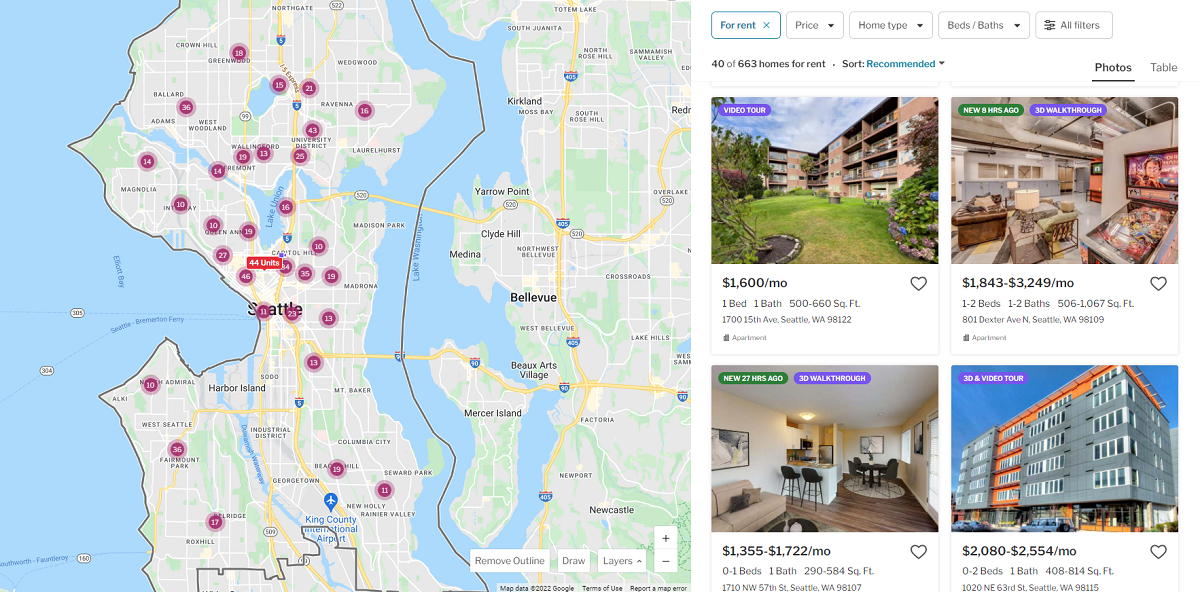online platforms
Avoiding Rental Scams: Smart Tips for Safe Housing Searches

Unmasking Deception: Navigating the Landscape of Rental Scams
Rental scams continue to pose a threat to individuals searching for housing. As the demand for rental properties rises, scammers devise increasingly sophisticated schemes to exploit unsuspecting tenants. Understanding the signs of rental scams and adopting preventive measures is crucial to secure a safe and legitimate housing arrangement.
Identifying Common Red Flags
Recognizing the red flags of rental scams is the first line of defense for prospective tenants. Unusually low rental prices, requests for upfront payments before viewing the property, and landlords unwilling to provide a lease agreement are common indicators of fraudulent activities. Being vigilant and questioning suspicious practices can help individuals steer clear of potential scams.
Phantom Listings and Fake Ads
Scammers often create phantom rental listings using genuine property details obtained from legitimate sources. These fake ads lure potential tenants with attractive rental prices and appealing property features. To avoid falling victim to such scams, individuals should verify the legitimacy of listings through multiple sources and conduct thorough research before engaging with property ads.
Wire Transfers and Unsecured Payments
One prevalent tactic employed by rental scammers is the insistence on wire transfers or other unsecured forms of payment. Legitimate landlords typically accept payments through secure methods, such as checks, bank transfers, or reputable online platforms. Tenants should exercise caution if a landlord demands immediate payment via unconventional and untraceable channels.
Pressure Tactics and Urgency Appeals
Scammers often employ pressure tactics, creating a sense of urgency to manipulate tenants into hasty decisions. Claims of numerous applicants vying for the same property or offers that seem too good to be true are warning signs. Genuine landlords respect tenants’ decision-making timeframes and do not pressure them into immediate commitments.
Fake Landlords and Identity Theft
In some rental scams, individuals posing as landlords may request personal information from tenants. This opens the door to identity theft and potential financial loss. Legitimate landlords typically request information through secure channels and provide proper documentation to establish their identity. Tenants should be wary of landlords unwilling to share verifiable details.
Online Platforms and Verification Protocols
Utilizing reputable online platforms for housing searches is a proactive measure against rental scams. Established websites often have verification protocols and user reviews that add a layer of security. Prospective tenants should prioritize platforms with a track record of legitimacy and exercise caution on lesser-known or unverified websites.
In-Person Property Inspections and Meetings
To authenticate the legitimacy of a rental arrangement, in-person property inspections and meetings with landlords are crucial. Scammers may avoid face-to-face interactions and discourage property visits. Prospective tenants should insist on inspecting the property and meeting the landlord in person before making any financial commitments.
Legal Assistance and Document Verification
Engaging legal assistance can provide an additional layer of protection against rental scams. Legal professionals can review lease agreements, verify property ownership, and ensure that tenants’ rights are safeguarded. Seeking legal advice before signing any documents can prevent potential legal entanglements resulting from fraudulent activities.
Community Awareness and
Navigating Rental Rates: Finding Your Affordable Home

Decoding the Landscape: Navigating Rental Rates for Your Ideal Home
Embarking on the journey of finding a new home involves understanding the intricacies of rental rates. From budget considerations to market trends, navigating rental rates is a crucial aspect of securing an affordable and comfortable living space.
Understanding the Factors: What Shapes Rental Rates
Rental rates are influenced by a myriad of factors. Location, property size, amenities, and local market conditions all contribute to the determination of rental rates. Understanding these factors is the first step in decoding the landscape of rental rates and making informed decisions.
Location Matters: Impact on Affordability
The geographical location of a property plays a significant role in shaping rental rates. Properties in prime locations or those close to essential services and amenities often come with higher rental costs. Balancing location preferences with budget considerations is essential for finding an affordable home that meets your needs.
Property Size and Amenities: Tailoring Your Budget
The size of the property and the amenities it offers are key contributors to rental rates. Larger living spaces or properties with modern amenities may come with higher costs. Assessing your space requirements and prioritizing essential amenities can help tailor your budget and identify properties that align with your lifestyle.
Market Trends: Adapting to Fluctuations
The rental market is dynamic, subject to fluctuations based on supply and demand. Understanding current market trends allows renters to adapt to changes in rental rates. Exploring the market and staying informed about trends can provide valuable insights into the affordability of different neighborhoods and property types.
Budget Considerations: Setting Realistic Limits
Establishing a budget is a fundamental step in navigating rental rates. It involves assessing your income, considering other monthly expenses, and setting realistic limits for housing costs. Having a clear budget in mind helps narrow down the options and ensures that you focus on properties within your financial means.
Negotiation Strategies: Seeking Favorable Terms
Negotiating rental rates is a common practice that can benefit both landlords and tenants. Renters can explore negotiation strategies, such as committing to longer lease terms or offering prompt payment, to secure more favorable rental rates. Effective communication is key to finding a mutually beneficial agreement.
Hidden Gems: Exploring Up-and-Coming Areas
While established neighborhoods may come with higher rental rates, exploring up-and-coming areas can reveal hidden gems with more affordable options. Emerging neighborhoods often offer a balance between affordability and the potential for increased property value over time. Being open to exploring new areas can broaden your housing options.
Online Platforms: Streamlining the Search
In the digital age, online platforms dedicated to real estate play a vital role in streamlining the search for affordable rentals. These platforms allow users to filter search results based on budget constraints, preferred locations, and desired amenities. Utilizing online tools can save time and help identify properties that fit within your budget.
Planning for the Future: Long-Term Affordability
Consideration for long-term affordability is crucial when navigating rental rates. While securing an affordable rental is essential, it’s
Discover Your Home: Browse Available Rentals Today

Unlocking Opportunities: Explore Your Options in Available Rentals
Embarking on the journey to find a new rental home opens the door to a world of possibilities. From cozy apartments to spacious houses, available rentals cater to diverse preferences and lifestyles. Let’s delve into the key aspects of exploring and selecting from the myriad of available rentals.
Diverse Range of Options: Tailoring Your Search
The realm of available rentals offers a diverse range of options to cater to various needs. Whether you’re seeking a trendy urban apartment, a suburban house with a backyard, or a cozy cottage in a quiet neighborhood, the abundance of options allows you to tailor your search based on personal preferences, lifestyle, and priorities.
Online Platforms: Your Gateway to Available Rentals
In the digital age, online platforms serve as a powerful gateway to available rentals. These platforms provide a comprehensive view of listings, allowing you to filter results based on factors like location, budget, and amenities. Navigating online platforms streamlines the initial phase of your search, providing a convenient way to explore a multitude of available rentals.
Budget Considerations: Aligning Affordability with Aspirations
Understanding your budget is a crucial step in the process of selecting from available rentals. Clearly defining your financial parameters helps narrow down the options and ensures that you focus on properties that align with your affordability. Balancing aspirations with budget considerations is key to a successful rental search.
Neighborhood Exploration: Beyond Four Walls
The appeal of a rental extends beyond the property itself; the neighborhood plays a pivotal role in shaping your living experience. Take the time to explore the neighborhoods where available rentals are located. Consider factors such as proximity to work or school, access to amenities, safety, and community atmosphere to find the perfect match for your lifestyle.
Amenities and Features: Crafting Your Ideal Living Space
Available rentals come with a variety of amenities and features that contribute to the overall appeal of a property. Whether you prioritize modern appliances, outdoor spaces, or community facilities, understanding the available amenities allows you to craft your ideal living space. Make a list of must-have features to guide your selection process.
Property Visits: Seeing Beyond the Listing
While online platforms provide a convenient overview, visiting available rentals in person is a crucial step in the decision-making process. Schedule property visits to see beyond the listing photos. This allows you to assess the condition of the property, explore the neighborhood, and get a feel for the atmosphere, helping you make a more informed decision.
Application Process: Navigating Towards Approval
Once you’ve identified the perfect rental, the application process comes into play. Be prepared to submit required documents, undergo a background check, and provide references. Navigating the application process efficiently increases your chances of securing the available rental and moving one step closer to your new home.
Negotiation Strategies: Crafting Favorable Terms
In some cases, there may be room for negotiation in the terms of the lease. This could include aspects such as lease duration, rent
Efficient Rental Payment Methods: Streamlining Your Financial Transactions

Streamlining Financial Transactions: Exploring Rental Payment Methods
Efficient and reliable rental payment methods are crucial for both landlords and tenants. Navigating the diverse options available and choosing the right payment method can contribute to a smooth and hassle-free rental experience. In this article, we’ll delve into various rental payment methods, highlighting their advantages, considerations, and the importance of selecting the most suitable option for your specific circumstances.
Traditional Methods: Checks and Cash Transactions
Traditionally, rental payments were often made through checks or cash transactions. While some landlords still accept these methods, there are inherent challenges. Checks can be lost or delayed, leading to potential payment issues. Cash transactions, on the other hand, lack a traceable record and may pose security concerns for both parties. In today’s digital age, exploring more efficient options is advisable.
Bank Transfers and Direct Deposits: Electronic Convenience
Bank transfers and direct deposits have become increasingly popular due to their convenience and efficiency. Tenants can set up recurring transfers, ensuring that rent is automatically deposited into the landlord’s account on a specified date. This eliminates the need for physical checks, reduces the risk of late payments, and provides a clear transaction record for both parties.
Online Payment Platforms: Secure and Transparent Transactions
The rise of online payment platforms has revolutionized rental transactions. Services like PayPal, Venmo, and various property management platforms offer secure and transparent payment options. Tenants can make payments with a few clicks, and landlords receive funds directly into their accounts. Additionally, these platforms often provide features like automatic rent reminders and payment tracking.
Credit and Debit Card Payments: Convenience with Caution
Accepting credit and debit card payments can be convenient for tenants, offering flexibility in payment timing. However, landlords need to be aware of associated fees, which can cut into the rental income. Additionally, not all landlords may have the infrastructure in place to process card payments, so this option requires careful consideration and clear communication between parties.
Mobile Payment Apps: On-the-Go Solutions
Mobile payment apps, such as Cash App and Zelle, provide on-the-go solutions for tenants and landlords alike. These apps allow quick and easy transfers from a mobile device, streamlining the payment process. It’s essential to ensure that both parties have compatible apps and that transactions are conducted securely to prevent potential issues.
Cryptocurrency Transactions: Emerging Trends
While still in the early stages, some landlords and tenants explore cryptocurrency transactions for rental payments. Bitcoin and other cryptocurrencies offer the potential for borderless transactions and increased privacy. However, the volatility of cryptocurrencies and the limited acceptance in the rental market make this option less mainstream and more speculative.
Considering Tenant Preferences: Open Communication
Understanding tenant preferences is crucial when choosing a rental payment method. Some tenants may prefer the convenience of online platforms, while others may feel more comfortable with traditional methods. Open communication between landlords and tenants ensures that the chosen payment method aligns with both parties’ preferences and capabilities.
Legal and Regulatory Considerations: Compliance Matters
Landlords must consider legal and regulatory
Streamlined Living: Mastering the Renting Process

Streamlined Living: Mastering the Renting Process
Embarking on the journey of finding and securing a rental involves a series of steps and considerations. Mastering the renting process ensures a smooth transition to your new living space. Let’s explore the key elements and tips to streamline the renting experience.
Understanding Your Needs: The Foundation of Your Search
Before diving into the renting process, take the time to understand your needs and preferences. Consider factors such as the desired location, budget, number of bedrooms, and essential amenities. This foundational step shapes your search and narrows down the options to properties that align with your lifestyle.
Researching the Rental Market: Knowledge is Power
Knowledge of the rental market is a powerful tool in the renting process. Research current rental trends, average prices in your desired area, and the availability of different property types. This information empowers you to make informed decisions and ensures that you are well-prepared for negotiations.
Setting a Realistic Budget: Balancing Aspirations and Affordability
One of the crucial aspects of mastering the renting process is setting a realistic budget. Analyze your monthly income, consider additional expenses, and determine the amount you can comfortably allocate to rent. Balancing your aspirations with affordability ensures that you explore options within your financial means.
Utilizing Online Platforms: The Convenience of Digital Search
Online platforms have revolutionized the renting process, offering a convenient and efficient way to explore available properties. Utilize online platforms to browse listings, apply filters based on your criteria, and even take virtual tours of potential homes. This digital approach streamlines the initial phase of your renting journey.
Property Visits: Seeing Beyond the Listing
While online platforms provide a comprehensive overview, visiting properties in person is a critical step. Schedule property visits to see beyond the listing photos. Evaluate the neighborhood, assess the condition of the property, and envision yourself living in the space. Property visits provide firsthand insights that aid in decision-making.
Application and Documentation: Presenting Yourself Effectively
Once you’ve found the ideal rental, the application and documentation process begins. Prepare a rental resume that includes your rental history, references, and proof of income. Completing the application accurately and providing necessary documentation enhances your credibility as a prospective tenant.
Negotiation Strategies: Advocating for Favorable Terms
Negotiation can be a part of the renting process, especially when it comes to lease terms or rental rates. Craft negotiation strategies that advocate for favorable terms, such as a longer lease duration or flexibility in the move-in date. Effective negotiation ensures that the rental agreement aligns with your preferences.
Understanding the Lease Agreement: Clarity is Key
Before finalizing the renting process, thoroughly understand the terms of the lease agreement. Pay attention to clauses related to rent increases, maintenance responsibilities, and conditions for lease termination. Clarity on these terms prevents misunderstandings and sets the foundation for a positive landlord-tenant relationship.
Securing Your Rental: Finalizing the Process
Once the negotiations are complete, and the lease agreement is understood, the final step is securing your rental. This involves
Navigating Lease Expiration: Renewal and Transition Options

Understanding Lease Expiration: Renewal and Transition Options
Lease expiration marks a pivotal point in a tenant’s occupancy, prompting decisions about the future of their living arrangement. This article provides insights into the dynamics of lease expiration, exploring renewal options, transitioning to a new residence, and considerations for both tenants and landlords.
Assessing Renewal Options: A Time for Decision
As a lease approaches its expiration date, tenants find themselves at a crossroads. Assessing renewal options becomes paramount during this period. Tenants must decide whether to extend their current lease, negotiate new terms, or explore alternative housing solutions. Open communication with the landlord is crucial to understanding the possibilities and ensuring a smooth transition.
Renewal Terms and Conditions: Clarity is Key
For those opting to renew their lease, understanding the terms and conditions is essential. Renewal terms may include changes in rent, lease duration, or other provisions. Tenants should carefully review the renewal agreement, seeking clarification on any ambiguous points. Clear communication with the landlord helps establish mutual expectations for the extended lease period.
Negotiating Lease Renewal: Finding Common Ground
Negotiating the terms of lease renewal is a common practice, providing an opportunity for tenants and landlords to find common ground. Tenants may negotiate for a more favorable rent, additional amenities, or other modifications to the lease agreement. Effective negotiation requires open communication, flexibility, and a willingness to compromise on both sides.
Planning for Transition: Exploring New Residences
As lease expiration approaches, some tenants opt for a change in scenery. Planning for transition involves exploring new residences, whether it’s moving to a different neighborhood, upgrading to a larger space, or downsizing to a more manageable property. This phase requires careful consideration of preferences, budget constraints, and the desired living experience.
Notifying Landlord of Intentions: Open Communication Matters
Tenants planning to vacate upon lease expiration should notify their landlord of their intentions well in advance. This open communication allows landlords to plan for the transition, advertise the property for new tenants if necessary, and coordinate any necessary property inspections. Timely communication fosters a positive relationship between tenants and landlords.
Understanding Landlord’s Perspective: Preparing for Turnover
From the landlord’s perspective, lease expiration signals a period of turnover and potential changes in tenancy. Landlords must be prepared to address renewal negotiations, find new tenants if necessary, and conduct property inspections. Proactive communication with tenants is crucial to understanding their plans and coordinating a seamless transition.
Navigating Lease Renewal Challenges: Legal and Practical Considerations
While lease renewal is often a smooth process, challenges may arise. Legal considerations, such as adherence to notice periods and local rental regulations, should be observed. Practical challenges, such as coordinating move-out and move-in dates, require careful planning. Addressing these challenges promptly contributes to a positive experience for both parties.
Exploring Alternative Housing Solutions: A Fresh Start
Lease expiration also provides an opportunity for tenants to explore alternative housing solutions. This might involve considering homeownership, co-tenancy arrangements, or transitioning to a different type of rental property. Each option comes with its own
Effortless Quest: Streamlining Your Rental Search

Effortless Quest: Streamlining Your Rental Search
Embarking on the journey to find the perfect rental can be both exciting and overwhelming. In the digital age, streamlining your rental search is not just a convenience but a strategic approach to discovering a home that aligns with your preferences and lifestyle.
Navigating Online Platforms: The Digital Advantage
In the era of technology, online platforms have become invaluable tools for those on a rental search quest. These platforms offer a vast array of rental listings, allowing you to explore different neighborhoods, property types, and amenities from the comfort of your device. Navigating through online platforms provides a digital advantage in the initial stages of your rental search.
Smart Filtering: Refining Your Criteria
One of the significant benefits of online rental search platforms is the ability to apply smart filters. These filters enable you to refine your search based on specific criteria such as budget, number of bedrooms, location, and desired amenities. By narrowing down your preferences, you can efficiently focus on properties that meet your specific requirements.
Virtual Tours: Exploring Properties Remotely
The evolution of technology has introduced virtual tours as a game-changer in the rental search process. Virtual tours allow you to explore the layout and features of a property remotely, offering a realistic and immersive experience. This technology minimizes the need for physical property visits, saving time and providing a comprehensive view of potential homes.
Real-Time Updates: Staying Informed
Rental markets are dynamic, with properties coming on and off the market regularly. Online platforms often provide real-time updates, ensuring that the information you access is current and reflective of the market status. Staying informed about new listings and changes in rental rates allows you to make timely decisions in your quest for the perfect rental.
Neighborhood Insights: Beyond Property Boundaries
A holistic rental search involves not only exploring individual properties but also understanding the neighborhoods they are located in. Online platforms often provide neighborhood insights, including information about local amenities, schools, public transportation, and safety. This comprehensive view helps you assess the overall lifestyle a particular area offers.
Responsive Communication: Connecting with Landlords
Efficient communication is key in the rental search process. Many online platforms facilitate direct communication with landlords or property managers. Utilizing these communication channels allows you to seek additional information, clarify doubts, and express your interest promptly. Responsive communication enhances your chances of securing the desired rental property.
User Reviews and Ratings: Insights from Peers
In the digital realm, user reviews and ratings play a crucial role in decision-making. Online platforms often feature reviews from previous tenants, offering insights into the living experience, property management, and overall satisfaction. Leveraging these reviews can provide a more nuanced understanding of a property before committing to a rental agreement.
Personalized Alerts: Staying Ahead of the Curve
To streamline your rental search efficiently, consider utilizing personalized alerts provided by online platforms. By setting specific criteria for your ideal rental, these alerts notify you when a new property matching your preferences becomes available.
